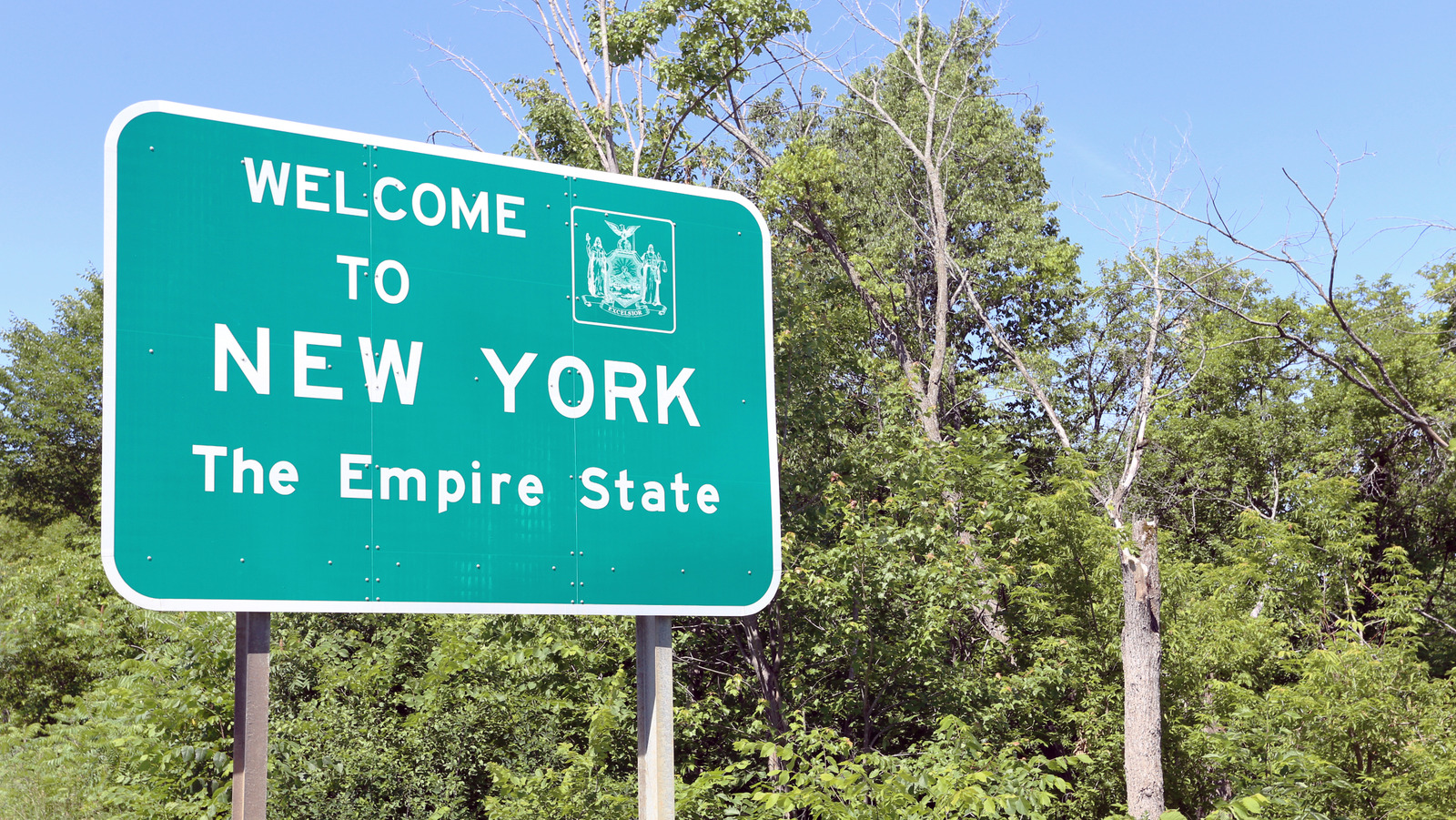
"For instance, New York state and nearby New Jersey have some of the best hospitals in the country, ranking highly in Statista's 2025 list of the Best-in-State hospitals. You also get to live in the second most walkable, public transport-friendly city in the U.S. (per Walk Score) and not worry about expensive and psychologically taxing car maintenance. And, of course, all of this comes in a culturally rich, recreationally diverse package that could be very fulfilling for adventurous retirees."
"New York didn't even make the top five most expensive states to live in, coming in sixth with a cost of living index of 123.3, about 64 points shy of Hawaii's high score. That said, it's still costly, and an anticipated yearly expenditure of $73,140 makes New York an expensive place to retire on such relatively modest savings. If you run the numbers, you'll discover that's enough to last about three and a half years or about five years if you add social security."
New York provides top-tier hospitals, strong public transit, high walkability, and rich cultural and recreational options attractive to retirees. Overall cost of living index is 123.3, ranking sixth most expensive; Hawaii ranks highest. Average anticipated yearly expenditure is $73,140, which would exhaust modest savings in about three and a half years or roughly five years with Social Security. The Economic Policy Institute estimates a retired couple in New York City needs $92,899 annually, shortening savings further to two to three years without other income. Housing is the main driver: average NYC rent is about $3,700, nearly $1,700 above the national average.
Read at Money Digest
Unable to calculate read time
Collection
[
|
...
]